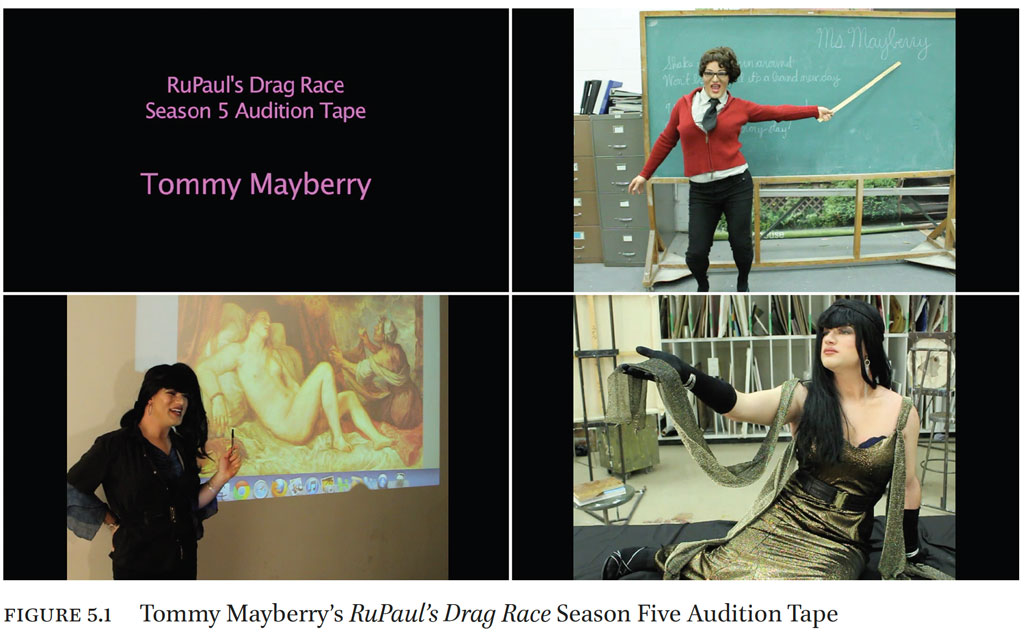Tommy Mayberry, the Director of Yorkville University’s Centre for Teaching Excellence and Innovation, was recently announced as a 2024 winner of the Lavender Rhetorics Award for Excellence in Queer Scholarship.
Presented annually by the Conference on College Composition and Communication, the award honours four works (one book, one book chapter or article, one dissertation and one non-traditional scholarly work) that “best make queer interventions into the study of composition and rhetoric.”
“It is beyond an absolute honour to have my work recognized as being Excellent in Queer Scholarship, especially from CCCCs, which is the biggest professional organization in the world dedicated to writing research, theory, and teaching, and even more so to be recognized and celebrated from my peers who are my leaders and scholarly teachers in this work and field,” said Mayberry, who will be presenting at the CCCC 2024 Convention in Spokane, Washington in April, speaking on and chairing the panel Critically Racing Anti-Racist Rhetorics in Abundantly White(ly) Classrooms.
Mayberry was recognized with the Lavender Rhetorics Award for their book chapter, ‘Teaching Can Be a Real Drag (Show); Or, Move over, Sage! That Stage Is Mine’, which was published in December 2022 in the collection Visual Pedagogies: Concepts, Cases and Practices.
The research in this award-winning chapter explores visual pedagogies through a sincere and earnest look at Mayberry’s life as an academic drag queen, one that is congruent of academic and drag cultures, of traditional teaching and dragged-up pedagogies.
“I’ve been doing drag academically – as this chapter actually outlines and explores – since my early grad school days, and this pedagogical intervention of mine has been something I’ve been researching, reflecting on, and developing since I started teaching in post-secondary education,” they said.

‘Teaching Can Be a Real Drag (Show)’ reflects on personal stories and anecdotes from Mayberry’s classrooms, and even their audition tape for the fifth season of RuPaul’s Drag Race – bringing together a constellation of frameworks, theories, and ideas from transgender visuality, queer phenomenology, and visual performance as they position themself as a social justice leader with an anti-imperialist inclusive pedagogy and practice.
The award’s selection committee lauded Mayberry for their use of transmodalities, visual rhetorics and embodied knowledge of their own experience with drag “to offer new insights into visual rhetorical pedagogies and practices.”
“In an era where drag performance is increasingly commonplace, Mayberry’s scholarship reminds us of the pleasures of performance and the value of placing embodied, visual rhetorics meaningfully into our learning spaces,” the selection committee noted.
Mayberry will be announced as a recipient of the Lavender Rhetorics Award for Excellence in Queer Scholarship’s Book Chapter Award at the CCCC Awards Presentation on Friday, April 5, during the 2024 CCCC Annual Convention in Spokane, Washington.


